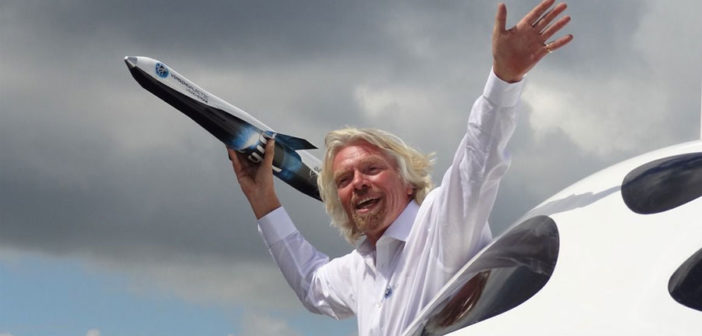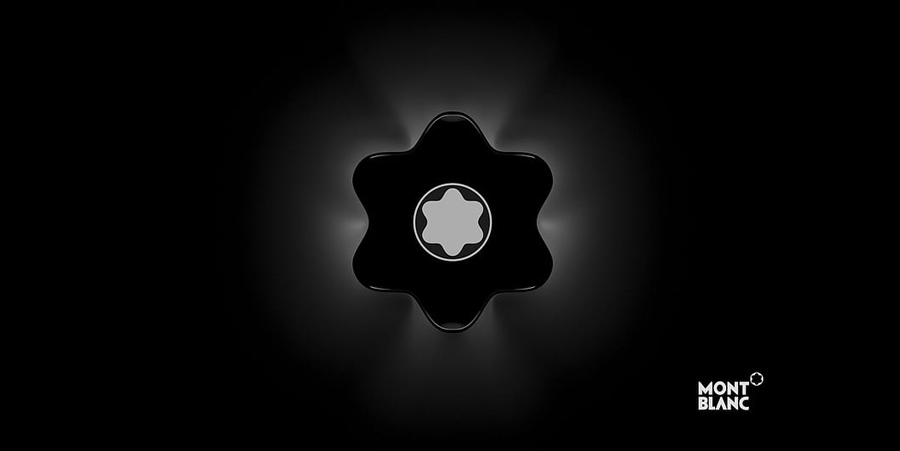Promoting his new book—Finding My Virginity—this week, British billionaire and entrepreneur Richard Branson told CNBC’s Squawk Boxpanel that of all the brands in his company, it is the Virgin brand itself that is the strongest and best business he has built to date. As the only person to build eight billion-dollar companies in eight different sectors, and more than 60 active Virgin companies active today, that’s quite a statement.
“Even if we sell a company, the Virgin brand continues forever, as part of that company,” Branson elaborated. “It has grown into the biggest part and the most important part, it is our reputation—it’s everything.”
“I remember when we started 50 years ago in business, we moved from student magazines into record companies, from record companies into airlines. The press said ‘This man is mad, he’s going to stretch his brand too far, he’ll go bankrupt.’ But 50 years on, I haven’t done that. The record shops have disappeared, things move on, so we try to move on with the times.”

Asked if he worries about protecting the Virgin brand after selling a Virgin-branded business, Branson replied: “We do control it, at our company we have a fantastic brand team and very strict rules. Most of the companies we have reasonably big stakes in, but if we do sell it the brand generally lives on and we can still monitor it.”
Recalling the origins of Virgin, Branson said: “I was 16 years old, sitting around with a bunch of girls, and I’d come up with the name Slipdisk Records for our new record company, based on the old black vinyl needle keeping slipping, and one of the girls said, ‘No, call it Virgin. We’re all virgins, you’re a virgin in business.’ So we decided on Virgin, and then I couldn’t get it registered in the registry office for four years because they thought the word Virgin was rude. In the end, I wrote a letter to them quoting the English dictionary to show it means pure, untouched, it’s the opposite of rude. So finally they gave it to me.”
As for the brand name apply to just about any business, Branson stated: “We got lucky. About the only one we came unstuck on was Virgin Brides, there wasn’t a market for them. But generally, ( the Virgin name) works well with just about anything you can do. Virgin Condoms also had some issues.”
Dear @VirginAmerica – my letter to the best consumer airline in America https://t.co/cgRnzQPIOa pic.twitter.com/LzktUkjfBQ
— Richard Branson (@richardbranson) March 23, 2017
His other business regret is Virgin America, the award-winning U.S. carrier that was previously called Virgin Atlantic. Alaska Airlines acquired it and announced earlier this year it plans to retire the Virgin America brand and name by 2019.
“Virgin Atlantic was a baby that was born 35 years ago, that got bullied in a big way by British Airways,” Branson told CNBC. “She grew into a beautiful young lady, and was still going strong at 35 years old. Virgin Atlantic put Virgin on the map on a global basis.”
“The sad thing is that Virgin America’s been voted best airline in the (United) States 12 years in a row by Conde Nast Traveler. It’s a great airline and I think people love it. I think Air Alaska are very foolish to just absorb it… They’ve lost a lot of the staff. Big companies often do this. They buy something because it’s doing so well, and then they castrate it.”
So is Branson contemplating launching another airline in America? “I think it’s watch this space on that one,” he replied. “I don’t normally take these things lying down.”
https://twitter.com/Nasdaq/status/920772718940901377
The Future of Travel
As he contemplates the airline business in North America, Branson—ever the explorer and the dreamer—is investing in a different kind of transportation business in the market, one that could transform travel as we know it.
Our next move in innovative transport – introducing @Virgin @HyperloopOne https://t.co/aac70ry2oF pic.twitter.com/KGfyNeGGil
— Richard Branson (@richardbranson) October 13, 2017
The risk-taking founder and chairman of the Virgin Group, which has spawned Virgin Airlines and Virgin Trains and dozens of other businesses and brands in the travel/transportation space, is now intrigued by, and investing in, hyperloop technology.
The futuristic concept, which aims to revolutionize mass transit, came from the fertile mind of another billionaire entrepreneur, Tesla inventor Elon Musk.
How it works: Using electric propulsion to zip through low-pressure tubes, hyperloops would transport magnetically levitating passenger pods full of people and cargo at speeds of up to 670 miles an hour. In Musk’s vision, two massive tubes between San Francisco and Los Angeles would shorten travel between the two cities to 35 minutes.

While the peripatetic Musk has stepped back from formal involvement in attempting to build the first working hyperloop, a number of startups have taken his publicly-sourced work on the topic and are giving it a whirl.
Richard Branson’s Virgin Group to take Elon Musk's Hyperloop One concept global https://t.co/AhCIf5RsFg pic.twitter.com/0WI7IB3KpT
— Reuters Top News (@Reuters) October 13, 2017
Branson is investing in one of those companies, Hyperloop One, via his Virgin Group venture capital arm. And while Hyperloop One wouldn’t reveal the size of the investment, the company has rebranded to Virgin Hyperloop One and Branson has joined its board in addition to taking a financial stake.
“Richard was excited by the concept,” Nick Fox, Virgin Group’s chief communications officer, told the New York Times. “He’s always looking at the future of transport, whether it be in space or on land.”
Virgin Hyperloop One: Richard Branson boosts Elon Musk's futuristic tube transport https://t.co/1e9WAwCU4z pic.twitter.com/2xpP9LqjvT
— Forbes (@Forbes) October 12, 2017
The founder of Virgin Atlantic Airlines previously invested in a space tourism business via Virgin Galactic, which seeks to sell sub-orbital space-flight experiences to passengers willing to pay $250,000 for the privilege. It suffered a setback in 2014 when a pilot died on test flight, but Branson recently said he hopes that his VSS Unity will be in space early next year.
As for Hyperloop One, the company has carried out a full-scale test of its technology for five seconds and a speed of 70 mph. Next testing will be at speeds up to 250 mph, and the company said it is talking with governments including Finland and the United Arab Emirates about the feasibility of building such a system.
Investing in hyperloop technology doesn’t mean that Branson sees eye to eye with Musk’s vision, however. Branson told Squawk Box that while Elon Musk wants to put humans on the Mars in seven years, Branson and fellow space-focused billionaire (and Amazon founder) Jeff Bezos remain focused on the Earth.
“Elon is absolutely fixated on going to Mars and I think it’s his life mission,” Branson said. “Jeff and ourselves [at the Virgin Group]are more interested in how we can use space to benefit the Earth.”
Bezos is using his private spaceflight services company Blue Origin to test reusable rockets and build rocket-manufacturing facilities. Musk’s 15-year-old SpaceX business hopes to loosen Boeing and Lockheed Martin’s grip on U.S. military launches. Earlier this year, SpaceX landeda $97 million contract to launch a military satellite.
“I think space needs a lot of companies doing lots of different things to benefit the Earth back here,” Branson, whose LauncherOne system is still in development at Virgin Orbit, told CNBC. “There are thousands of people who would love the opportunity of becoming astronauts and going into space.”
Branson also compared Musk’s Mars plans to President John F. Kennedy’s calls for NASA to make it to the moon by the end of the 1960s. On the more immediate front, Branson and Musk are using their positions to help people in dire need of real solutions now—the people of Puerto Rico, with clean energy vital to their future.
Elon Musk and Richard Branson want to bring clean energy to Puerto Rico. It won’t be easy. https://t.co/TnwFvP3m9P
— Vox (@voxdotcom) October 19, 2017
–
This article first appeared in www.brandchannel.com
Seeking to build and grow your brand using the force of consumer insight, strategic foresight, creative disruption and technology prowess? Talk to us at +9714 3867728 or mail: info@groupisd.com or visit www.groupisd.com


